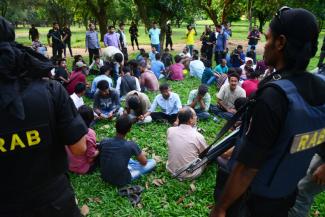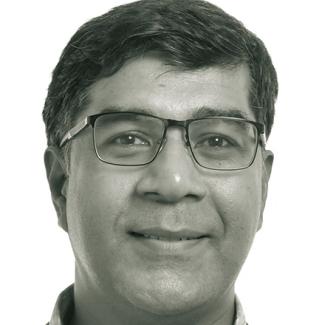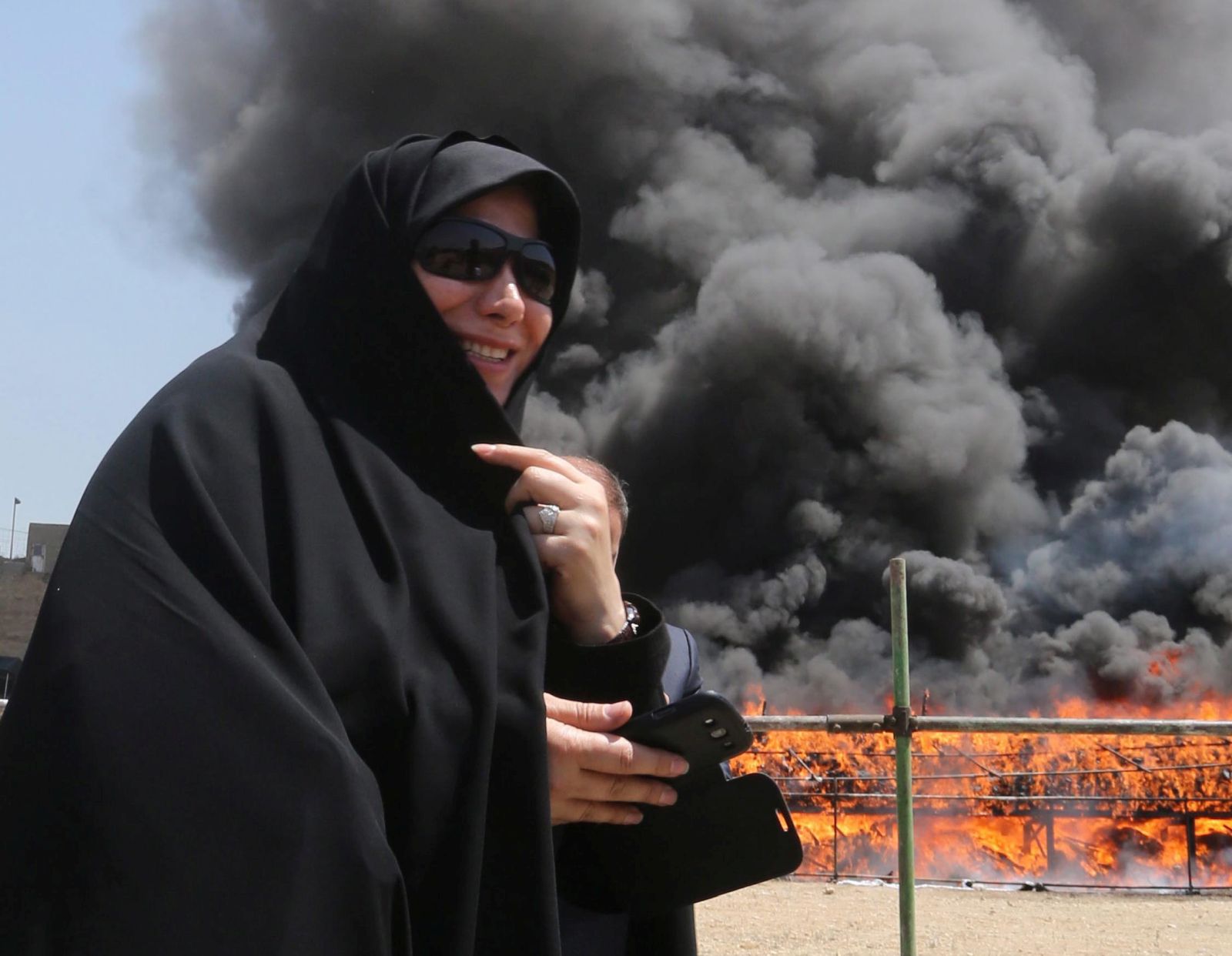Drinks and drugs
Cracking down on the disadvantaged

In Bangladesh, people who take drugs or drink alcohol have a bad reputation. They are likely to be told things like: “You drink alcohol! It’s haram; you filthy spoiled rich!” Or: “You do drugs! You’re completely spoiled!” Government policy reflects the general aversion to addictive substances.
In the 19th century, the British colonial power introduced legislation to regulate the production, distribution and taxation of dangerous drugs as well as alcohol. The trade in liquors, other alcoholic beverages, opium and cannabis were a heated issue – not least, because British merchants made huge profits by exporting opium to China (see review essay by Hans Dembowski in E+Z/D+C e-Paper 2018/12).
From the point of view of the colonised people in South Asia, liquor was “western”, while cannabis and locally-made alcoholic drinks, such as the traditional rice beer of indigenous Adivasi tribes, were part of the domestic culture. Today, most liquors are imported. Taxes and tariffs are high, amounting to 25 % of the imported price. Bangladesh has only one distillery: the state-owned Carew and Co. It was established by a British businessman in 1887.
The law that regulated drugs and alcohol for many years was passed in 1990 (Act No. 20 of 1990). It is based on the constitutional obligation that the state must adopt “effective measures” to prevent the consumption of intoxicating drinks and drugs. Indeed, Bangladesh is overfulfilling international commitments made in the context of the UN. Law enforcement, however, is uneven.
Bangladeshi law makes distinctions for specific cultures and religions:
- Muslims are forbidden to drink alcohol, which fits Islamic rules. Exceptions are made for medical reasons. Patients can get a permit only if an authorised doctor makes a prescription.
- Those who adhere to other faiths are allowed to consume alcohol, but they are also supposed to get a formal permit.
- Foreigners are allowed to drink only in licensed bars or restaurants, of which there are only few.
- According to an amendment passed in 2000, Adivasis and other disadvantaged communities who traditionally make and consume alcoholic drinks may continue doing so.
In theory, alcohol prohibition is thus quite stringent. Breaches of the law are to be punished with two years of prison. Alcohol is not available in shops; there are only very few legal outlets. What many people do not know, moreover, is that drinking alcohol without permit is even forbidden in the privacy of one’s home. In practice, however, private drinking seems to be tolerated by the state.
The government sometimes runs drives against the unlawful trade or consumption of alcohol, with mobile courts summarily punishing individuals or restaurants if found guilty. Most cases of seizure of illicit alcohol regard smuggled liquors for which no tariffs were paid.
Two serious issues are that:
- domestically made spirits regularly cause poisoning, which all too often kills people, and
- drink-driving, especially among the drivers of long-haul buses and trucks, leading to deadly traffic accidents.
All summed up, the enforcement of alcohol-related rules is rather weak. Prosperous men, among whom the occasional whiskey is quite popular, have little reason to fear the law.
Enforcement issues
As for other drugs and narcotics, the 1990 law imposes a complete prohibition of use, production and trade, with the exception of medical purposes. Drug users and dealers are generally shunned by society.
In spite of the prohibitive law, drug problems are escalating. A new drug called yaba (a mixture of caffeine and methamphetamine) is imported from neighbouring Myanmar. In the context of the recent influx of Rohingya refugees, yaba trafficking has increased. Observers say that yaba is now the most popular drug in Bangladesh, but it is not yet on the list of prohibited substances under the 1990 Act. In October, however, the national parliament passed a new law which foresees the death penalty for anyone found carrying 200 grammes of yaba or 25 grammes of heroin or cocaine.
In recent months, the government has adopted a “war on drugs” rhetoric. It is stepping up repressive measures with the intention of getting a grip on the problem. So far, some 200 people have died in encounters with the security forces, but no police officer or soldier has been taken to court for an extra-judicial killing.
The government thus certainly seems to be determined to enforce anti-drugs legislation, but it is facing various implementation problems. One of them is that government staff, including police officers, are allegedly corrupt and involved in drug trafficking.
According to a report in the newspaper Dhaka Tribune, 35 % of inmates are in prison because of drug offences in Bangladesh. This ratio shows that the situation is serious indeed. Adding to the problems, the country is close to the “Golden Triangle” of Myanmar-Thailand-Laos. It is affected by international trafficking, which is a security problem and makes intoxicating and addictive substances easily available.
Unfortunately, the government is mostly focusing on the enforcement of criminal law, neglecting the social dimensions of the endemic narcotics problem. There are, however, 184 rehabilitation centres across the country. Considering the need, they are too few and too poorly resourced.
Cannabis, which used to be very common in our country’s past, is seen with a little bit more leniency than hard drugs. It is actually less dangerous and less addictive than more potent drugs such as heroin. Nonetheless, the government handles both kinds of narcotics more restrictively than its counterparts in many western countries.
Germany and other European nations, for example, have decriminalised cannabis in the sense of no longer punishing people who possess small amounts for personal usage. Canada and several US states have even legalised this drug. Moreover, heroin users are provided with safe syringes in many European cities. Nothing like this is done in Bangladesh.
It is noteworthy that law enforcement is biased against the poor. The better-off in Bangladesh are frequently alcohol consumers. Their habits are illegal but are generally not prosecuted. By contrast, the users and dealers of cannabis, yaba and domestically produced booze tend to be poor. They are at considerable risk of being charged, tried or even killed.
Ridwanul Hoque is a law professor at the University of Dhaka.
ridwandulaw@gmail.com
Sharowat Shamin is a law lecturer at the University of Dhaka.
sharowat@du.ac.bd












